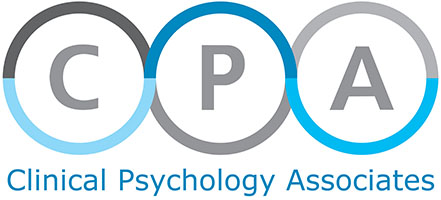It’s another meeting and you have to pay attention because this is important stuff and you’re going to do so much better today at paying attention and listening to all the words. You’re listening so intently that you barely notice your leg is bouncing but now you’re listening to your leg bouncing because it’s bouncing your shoelace on the floor and the tic tic tic of the shoelace sounds like the ding ding ding at the railroad crossing when you got stopped by that train yesterday and that made you mad, well, not really mad, but just so… irritated and unsettled. So there you are, trying to listen at this meeting…”Why can’t I just listen?”
At any age, people with attention-deficit/hyperactivity disorder (ADHD) struggle to focus. One thought leads to another in an endless stream of ideas and topics that flow from brain to mouth without filter. Children and adults with ADHD are challenged to organize their thoughts and their surroundings. They may scramble to control their impulses – both physically and mentally – which in turn can affect their mood. Anger, anxiety, low self-esteem, unexpected boredom or excitement are common among people with ADHD, as is a chronic sense of feeling overwhelmed.

